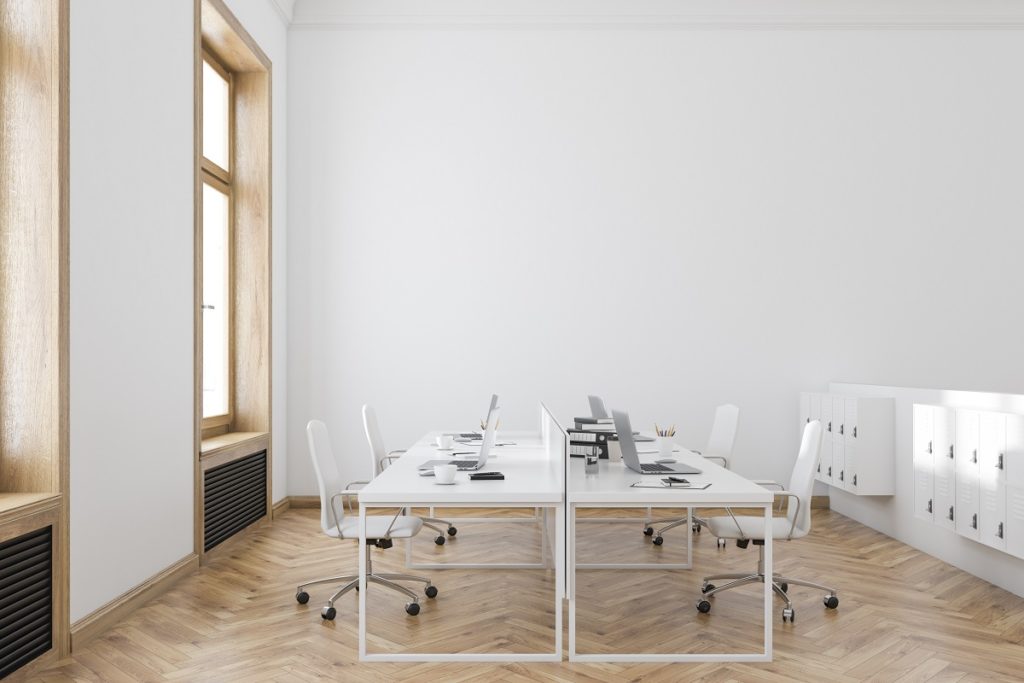Your employer would probably agree that the cleaner your desk is, the better your work will be. The reason is that they may perceive it to be distraction-free and organised. A tidy desk is also enforced time and time again by the clean desk policy of every company in Melbourne and other cities. However, some experts are saying that a cluttered workstation can make you more creative.
Read on to know what different studies and professional opinions echo about each side.
Clean Desks = Clearer Thinking
First, a case for clean desks. According to a study submitted to the Building and Environment Journal by Organisational Behaviour and Human Resource Management expert Libby Sander, a person’s physical environment dramatically influences their relationships with others and their decision making. She expanded on this in an article on the Harvard Business Review by citing other papers that claim that messy desks make people more stressed and anxious, leading them to lose focus.
The adverse effects of clutter don’t end there. Sander said that the human brain craves order. Those who are exposed to messy environments are likely to develop unhealthy work and health habits, which include procrastination and eating junk food. However, she turned a soft 180 towards the end of her piece, saying that while clean office desks create a safe environment for work, messy ones may lead to better creativity.
Cluttered Workstations = More Creative Work

If you like having decorations on your desk because you feel more at home, or you just can’t be bothered to organise your stuff, recent papers from the US and the UK may make you feel less guilty about your cluttered workstation. The US study, published in the Psychological Science OnlineFirst journal, showed the benefits of having a messy desk in its second experiment.
The researchers randomly assigned 48 students to work in clean and messy workspaces. They aimed to ask the respondents to imagine that they’re a company that’s trying to create new uses for ping-pong balls. After the sessions, the students’ ideas were rated by judges (who weren’t aware of the test procedure) on a three-point scale, with three being the highest score. The results showed that those who worked in a messy room had more creative solutions than those who worked in a clean workplace. The authors explained that the cluttered desks might have inspired the students to escape conventions and think out of the box.
The UK study studied four types of offices: lean (which featured only the essentials), enriched (one with decorations and plants), empowered (plants and deco arranged by the respondents themselves), and disempowered (respondents are empowered at first, but the researchers reverted changes after). The participants loved the empowered office the most because they got to personalise their space. The most hated one was the disempowered office because it messed with the respondents’ original design. They also added that lean offices looked like showpieces you couldn’t relax in.
So, which kind of desk should you have? It’s all a matter of comfort. If you like organising every aspect of your life, then a clean desk may be for you. Do you thrive in the clutter of your workstation and choose to delegate your time and energy on creative solutions instead of cleaning up? Stay messy. But if you want to try a little bit of both, an empowered desk with organised decorations may inspire you to create original ideas without worrying about clutter. In the end, the most productive desk is one that reflects your personality the most.

